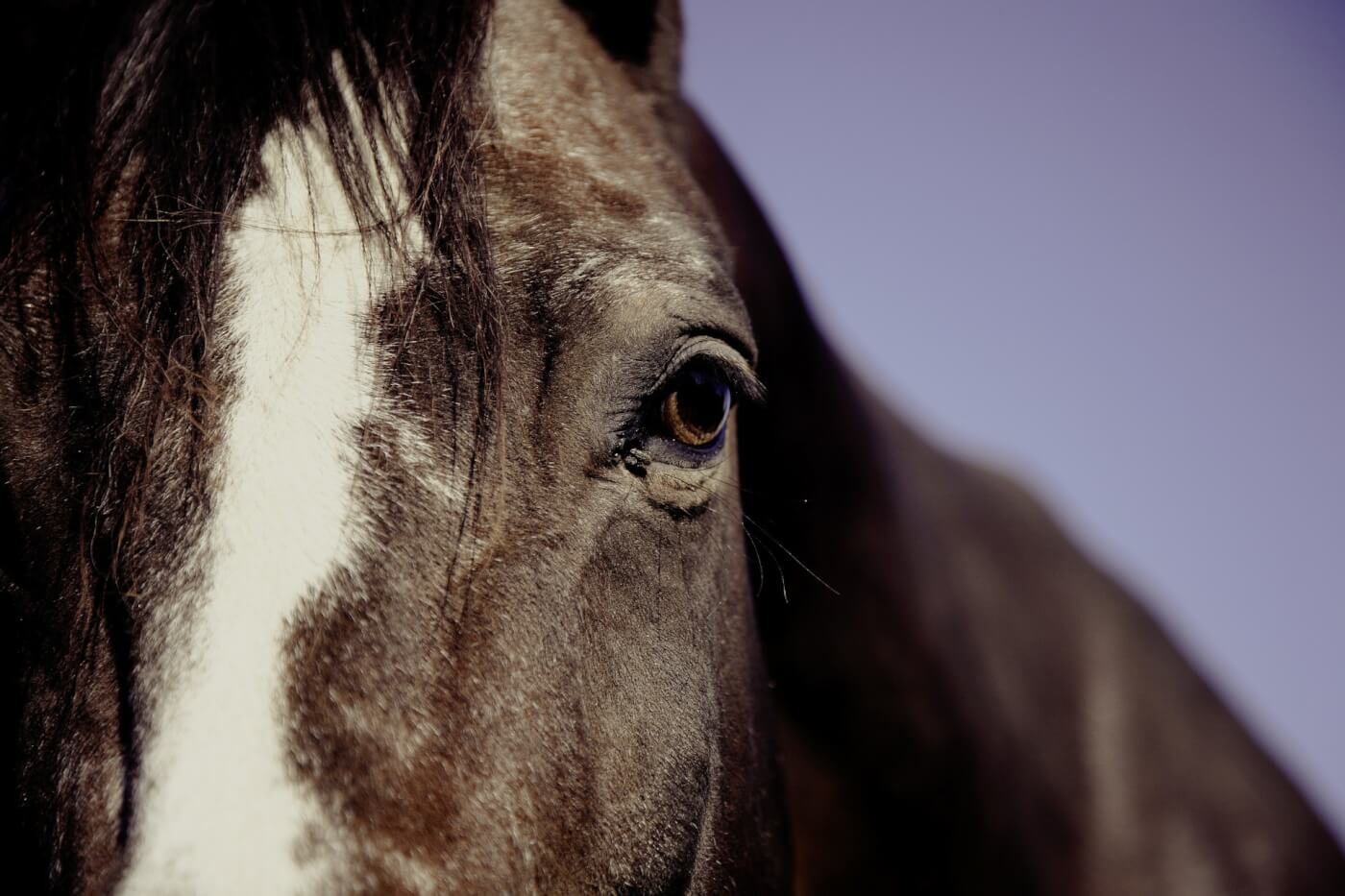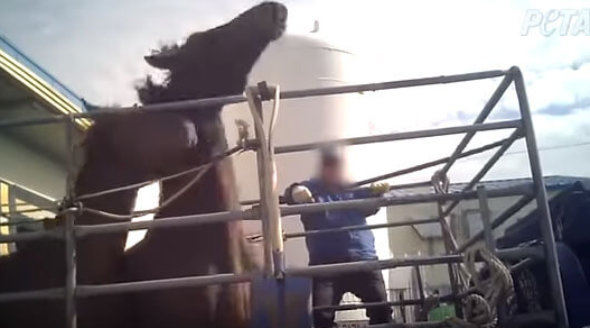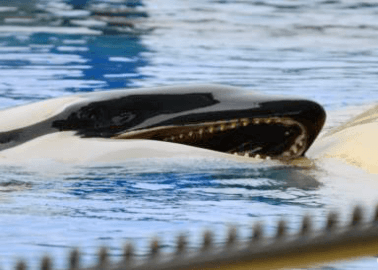Irish Horse Killed in South Korea’s Largest Horse Abattoir; Workers Fined for Illegal Slaughter Methods
Following a PETA US investigation into South Korea’s largest horse abattoir – where injured or unwanted horses are killed – local police initiated an investigation into alleged violations of the country’s Animal Protection Act. They fined the Jeju Livestock Cooperative Association, which operates the abattoir, and two workers KRW 5 million (approximately £3,299) each for killing horses right in front of other terrified horses.
This is the first time that a South Korean company or its workers have been prosecuted for illegally killing horses.

Googlette, an 11-year-old filly, was killed at the abattoir in late 2019. Born in Ireland, she was raced nine times in the UK. After being sold at auction and shipped to South Korea while pregnant, she bore five foals for her owner – and the youngest wasn’t yet 9 months old at the time of Googlette’s slaughter. Three of her other foals are already dead, and the other, named Mile Queen, is currently being raced but will probably meet the same fate, as she hasn’t won any money in her last three races.
As the police didn’t file charges against workers who viciously beat horses in the face with poles to force them into the abattoir before killing them, PETA US and Korean animal protection group Voice for Animals will be submitting an appeal of dissatisfaction.
The groups have stated that the workers and drivers who beat the horses and the Jeju Livestock Cooperative Association, which permitted such routine abuse to occur, must be held accountable and receive similar penalties – otherwise, workers will continue to treat horses cruelly.
The Korea Racing Authority (KRA) imports horses from Australia, the US, and other countries for racing and breeding. While aggressively breeding and bringing in new blood to improve South Korean racing, the KRA discards those horses who get injured or don’t succeed. A KRA official stated in 2018 that of the 1,600 horses “retired” from the racing industry each year, only about 3% of them are deemed suitable for other equestrian uses.
Where do all the others go? Horse flesh is sold in restaurants and supermarkets, and horse fat or “oil” is used in beauty products.
Help Stop the Killing of Horses for Meat in South Korea
Please send a message urging the KRA to stop supporting and promoting the horsemeat industry and to commit to developing a comprehensive retirement plan for unwanted horses:




